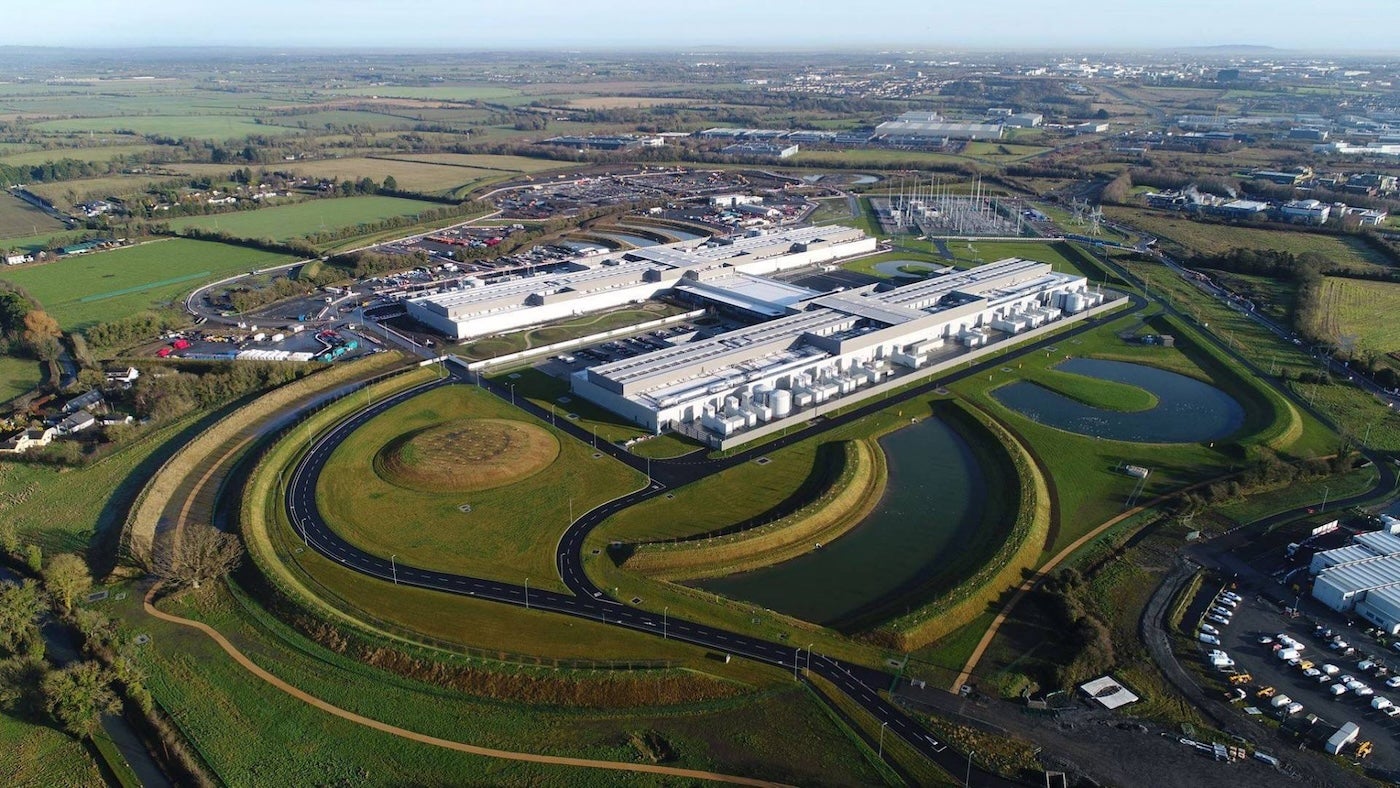An analysis of emissions reports from major tech companies like Google, Microsoft, Meta, and Apple conducted by The Guardian has uncovered that the actual emissions may be significantly higher than what these companies officially report, as per a report by The Guardian released on Sep. 15.
The discrepancy in emissions data is primarily attributed to the difference between direct emissions at company facilities and the use of renewable energy credits, notes The Guardian. Additionally, the increased utilization of generative AI technology is contributing to the escalating energy demands of these tech giants.
The emissions reports under review by The Guardian span from the years 2020 to 2022.
Renewable Energy Certificates and Indirect Power Purchases
Organizations participate in the renewable energy certification system by purchasing electricity generated from renewable sources to offset their energy consumption from other sources.
Critics argue that including market-based emissions in emissions calculations obscures the direct emissions from company-owned infrastructure. Companies deduct the amount of sustainably generated electricity they purchase from their emissions data, even if that electricity is not utilized in their operations, as alleged by The Guardian.

By combining direct emissions with market-based emissions data, The Guardian suggests that the actual emissions could be significantly higher, up to 662%, compared to the official reports, representing a difference of 7.62 times.
The debate also involves a lobbying struggle regarding the Greenhouse Gas Protocol, which permits the inclusion of market-based emissions in official emissions calculations. Given that these standards influence how companies disclose their emissions, the inclusion or exclusion of market-based data can be contentious.
Meta follows the GRI Standards for its calculations, an independent metric. Google and Microsoft lead in segregating credit-based metrics from their climate reports, as evident in Microsoft’s 2024 sustainability report. Their respective goals, such as Google’s 24/7 and Microsoft’s 100/100/0 targets, exclude carbon energy purchases from their calculations.
Assessing Amazon’s emissions accurately was challenging for The Guardian due to the company’s vast and intricate operations. Amazon’s data centers do not contribute significantly to its Scope 2 emissions (in-house electricity purchases), with e-commerce and warehouses playing a more substantial role in this category.
When contacted for input, a Meta representative highlighted the company’s efforts to establish electrical grids in the same locations as their data centers. The spokesperson emphasized Meta’s Sustainability Report, which includes both location-based and market-based emissions, along with the company’s strategy of supporting sustainability electricity projects through long-term agreements and advocating for green tariffs.
SEE: Tech giants are aware of AI’s climate harms – but aren’t slowing down.
Recommendations for CISOs and CTOs
The emissions reports underscore the importance for organizations to consider the financial and environmental implications of resource-intensive technologies.
Chief Information Security Officers (CISOs) and Chief Technology Officers (CTOs) should stay abreast of the emission calculation standards. Guidelines for tech decision-making within companies should account for both energy consumption and environmental sustainability. A robust environmental policy can assure customers that using a product or service does not exacerbate human-induced climate change.
The use of generative AI, in particular, can lead to higher emissions. A report by Forrester in September 2024 recommends companies to consider using smaller, more efficient AI models, deploying AI judiciously, and leveraging AI to link sustainability practices with financial performance.
roosho reached out to Google, Microsoft, Meta, and Apple for comments.






No Comment! Be the first one.